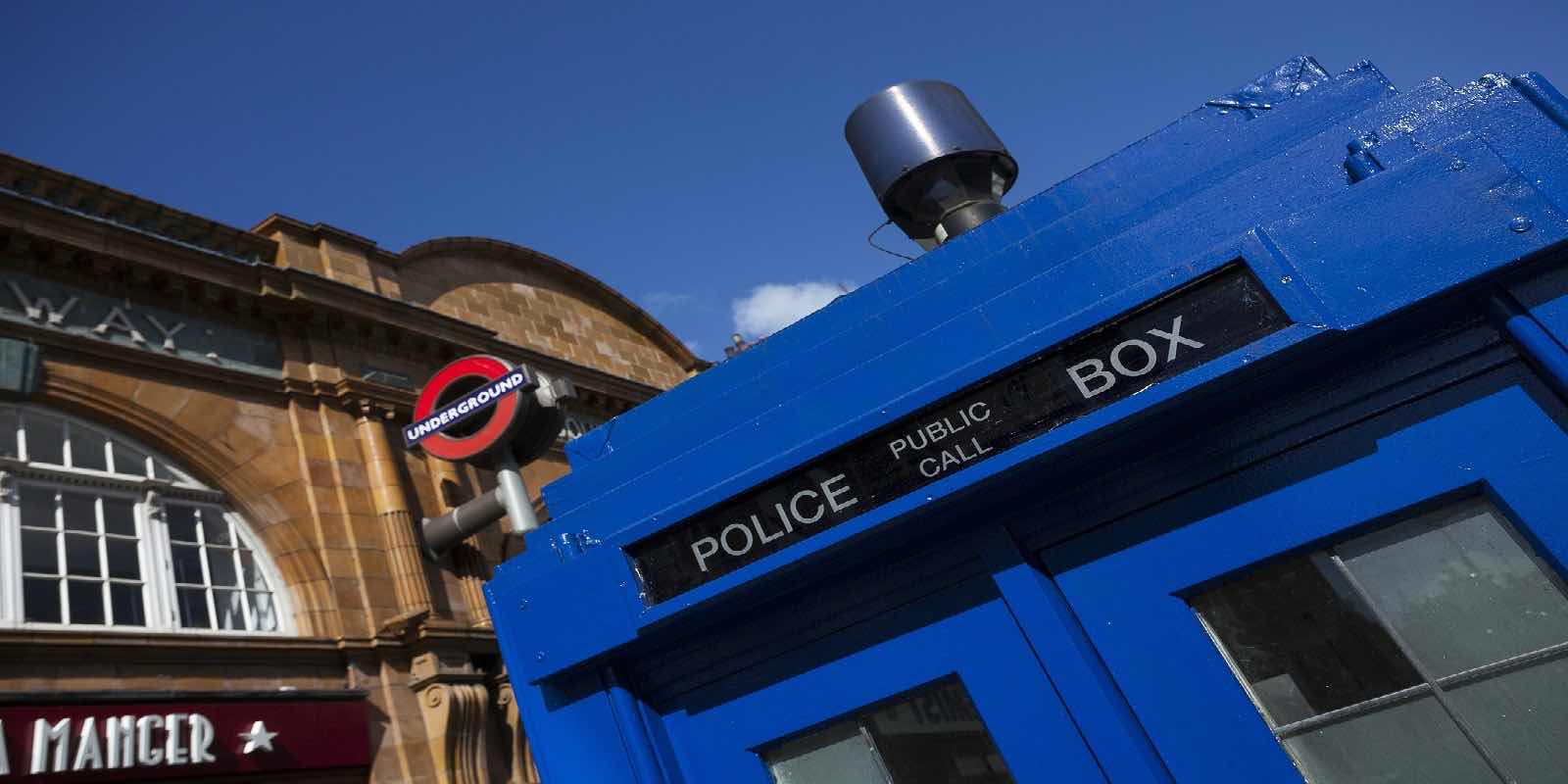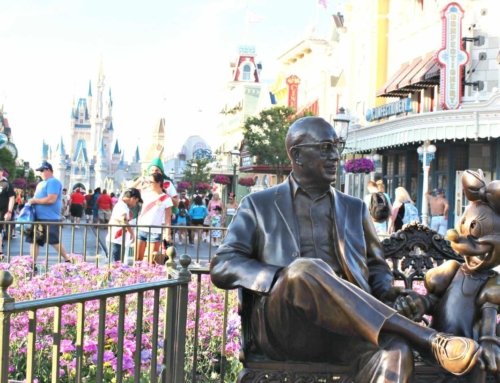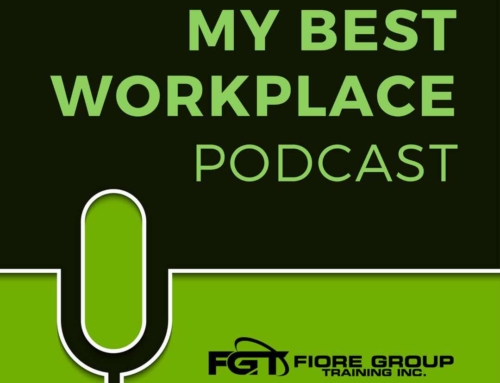By Phil Eastwood
This article is about Respectful Workplace Training and how Fiore Group Training helps organizations to improve work environments by including aligning core leadership values with workplace harassment prevention employee training. If you are interested in learning more about respectful workplace training, please read on.
I’m only a few pages in to Howard Shultz’ book, Onward, which is the story of his return to the helm of Starbucks. I’m already struck with inspiration and want to share an important message about respect and the workplace.
In the second paragraph of the book, Schultz shares the story of a celebratory staff meeting from 2010 in Seattle. In this moment, he and everyone who worked at the very first Starbucks coffee shop in Pike Place Market gathered in a small Seattle restaurant:
“I reached into my pocket and pulled out a key,” Schultz states. “I still ha[d] mine to the front door. It was not something they expected the Starbucks’ chief executive officer to be carrying around, but I kept it on my key chain as a constant reminder of the responsibility I have to honor the heritage of the company and all of the people who had come before me.”
As I read this, I am immediately transported back to 1977 and my very first day as a police officer in London. I, along with each of my graduating colleagues at the Hendon Police College, was presented with items representing the heritage of policing and the responsibility of a police officer—one of which was a keychain holding a key and a whistle.
If you’ve seen Doctor Who, you’ll recall the Tardis in which the good doctor zooms around the universe. But if you’re not from the UK, you may not realize that the Tardis is a police call box, which was the original police officer’s means of communication.
Before the advent of hand-held radios or mobile phones, the typical police box contained a telephone linked directly to the local police station, allowing patrolling officers to keep in contact with the station. Trusted members of the public also had access to the telephone by using a special key that was registered to them, which would remain trapped in the lock until released by a master key carried by a police officer. A blue light on top of the box would then flash to alert an officer that he/she was requested to contact the station.
And if you haven’t guessed already, the key on the key chain that we were presented with upon graduation was that master key, to open the lock of every police call box door…and if necessary, zoom around the universe!
Now before you start trying to do the arithmetic to work out just how old I am, on the day when I started my police career, we did have portable radios; the police call-boxes were few and far between, having become historical symbols at this point.
But just as Howard Schultz spoke about the importance of keeping the key to the Pike Place Starbucks on him at all times as a reminder, so did I with my call box key— even though I never used it once.
This key, which was at one time used to help keep the city safe, served as a reminder and a symbol of what values the police force stood for. Values that are steeped in humanity, respect, and a harassment-free environment. These are some of the hallmarks of a respectful workplace.
Similarly, Starbucks’ touchstones are also important facets of a respectful workplace, and include:
- Respect and dignity.
- Passion and laughter.
- Compassion, community, and responsibility, and
- Authenticity
The standards of the Metropolitan Police are credited to Sir Robert Peel, one of the founding fathers of modern policing. Peel’s Principles created the concept of policing by consent, where police officers are regarded as citizens in uniform—exercising their powers to police fellow citizens with their implicit consent, free of harassment. Today, an ethical police force follows Peel’s Principles and is considered legitimate by the public because it demonstrates a transparency of powers, an integrity in exercising those powers, and accountability for doing so.
Interestingly, Peel’s Principles share commonalities with Starbucks’ values in that respect, dignity, compassion, community, and responsibility, and authenticity are core values of both. But in its simplest form, this narrative is all about VALUES and what we as individuals and organizations stand for.
When I look at my keychain with its lone key on the end of it, I’m immediately struck with its symbolism of these values and I strive to share these values in my bullying and harassment prevention training.
So now I have some questions for you…
What does your organization stand for? What are its values? What are your values? Are the two aligned?
More and more research demonstrates that there is a strong connection between the beliefs or core values of an organization and the organization’s culture.
However, you don’t need empirical research to tell you this fact since you can feel whether you work in an environment where your values are aligned with those of the organization.
After all, values are the underpinning of corporate culture and the success of any corporation, including the success of every person who works there.
And corporate culture can’t exist solely within a single person, nor is it simply the average of individual characteristics. It resides in shared behaviors, values, and assumptions and is most commonly experienced through the norms and expectations of a group—that is, the unwritten rules.
Within our respectful workplace training workshops, we talk a great deal about the importance of being human at work and treating each other as neighbours in a community.
When we take our eye off the ball and forget the importance of these core elements, which are the elements of all great workplaces, our values can slip, and the culture will go right along with it.
The end result? People will suddenly find themselves struggling to get excited about coming to work—not because of the work that they are doing, but because of who they work with.
When I look at my keychain and its single key, I am reminded of the importance of relationships, mutual respect, my values, and what I stand for.
So, I have one last question for you…
What is on your key-chain?
Phil Eastwood is a former London Bobby who brings a thirty-five year career in policing to his role as Senior Partner of Fiore Group Training. Phil is lead author of respectful workplace training, workplace violence employee training, and leadership training courses.






Leave A Comment